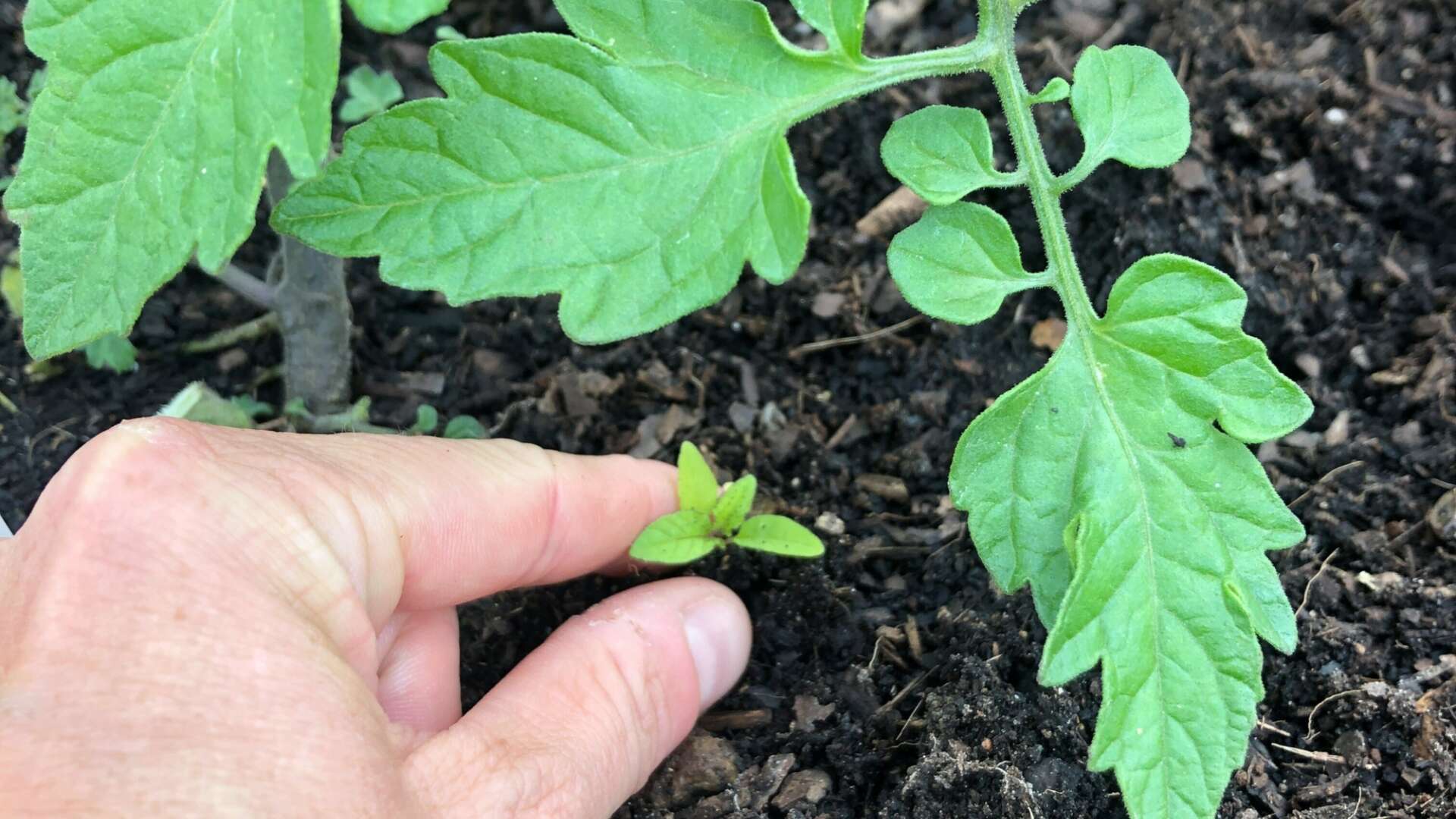Glyphosate: European Food Standards Agency says it isn’t carcinogenic

The EFSA has reviewed numerous studies on glyphosate, and as a result they maintain that glyphosate, on its own, is not unduly harmful to health. This contradicts the findings of the IARC, who not only took a rigorous year-long review of the studies, but also looked at glyphosate when it is used as part of a cocktail of chemicals. Glyphosate is rarely used on its own as a weedkiller, but is usually mixed with other chemicals, with the trade name Roundup. The worst toxic effects were seen when glyphosate is mixed with other chemicals.
The EFSA's findings will inform the European Commission in deciding whether or not to retain the substance on the European Union’s list of approved active substances. It has also set, for the first time, an acute reference dose (ARfD) for glyphosate for human consumption of 0.5 mg per kg of body weight.
Garden Organic strongly opposes the use of glyphosate and other chemical weedkillers.
James Campbell, Chief Executive of Garden Organic says
To use glyphosate formulations, such as Roundup, is to poison the soil, the wildlife and ourselves. It is totally contrary to our organic growing beliefs.
To find out more about glyphosate, and how to avoid using it in your garden or allotment, see our article Glyphosate: The Debate.